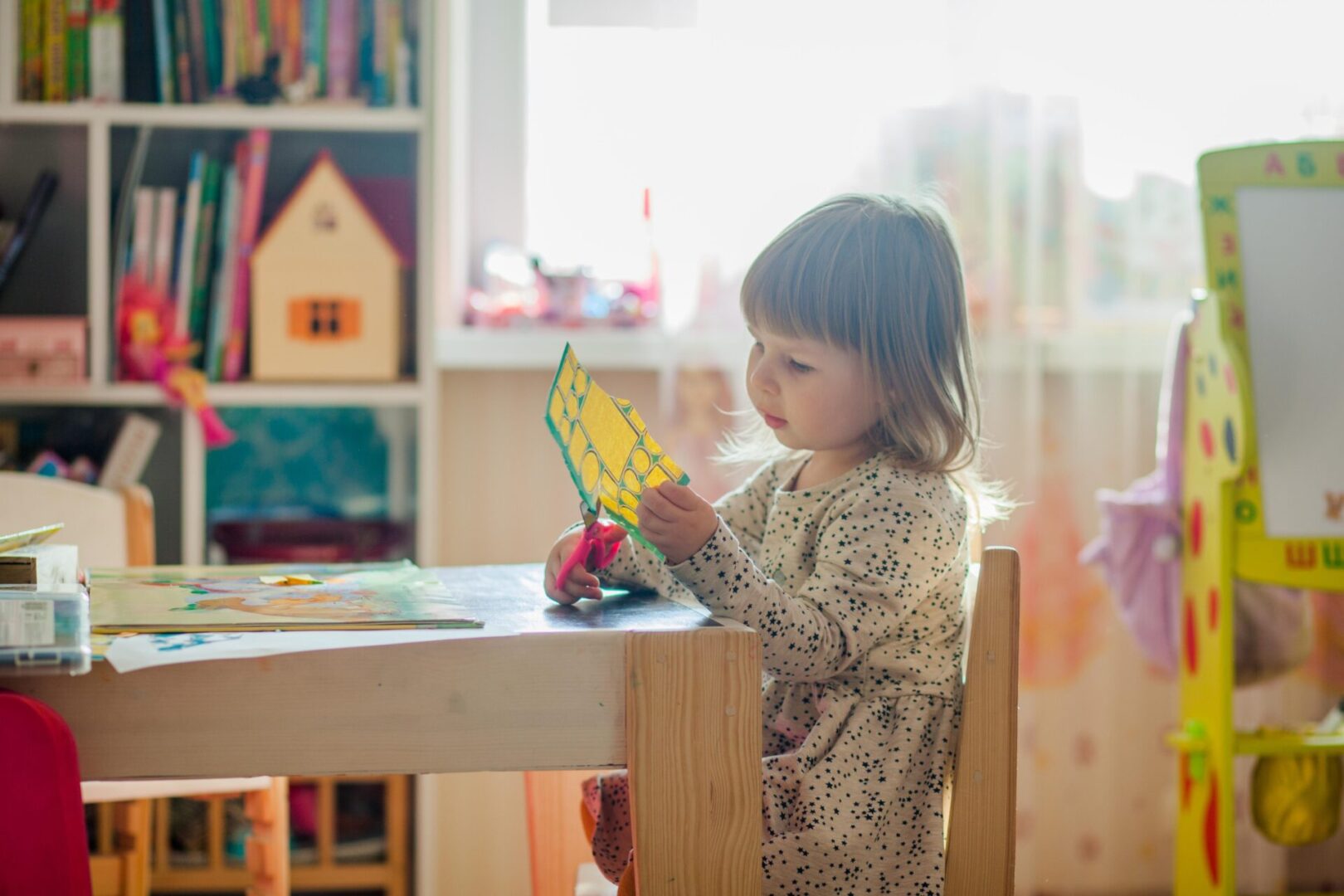What to Expect When Sending Your Child Off to School for the First Time
Your little bird is getting ready to fly! Preschool and kindergarten are big milestones—not only for your child, but for your family as a whole, too. It can feel overwhelming to think about choosing the right school, how your child will react, and what life will look like once your child is spending several hours out of your home every day. Marisa Grimm, Motherhood & Family Advocate at Acenda, shares some tips to ease this transition.
How do I know if preschool is right for my child? What are the benefits?
By attending preschool, your child will build a foundation for the core concepts they will learn in kindergarten. These concepts include numbers, problem solving, and following directions. Preschool also introduces children to a formal learning environment and provides the opportunity for your child to socialize and learn from their peers. If your child has positive experiences in a preschool, childcare center, or even a home-based center, it can make the transition into kindergarten much easier, as they already have an idea of what school will be like.
When should my child start kindergarten?
While schools typically have a cut-off birthdate for when a child turns 5, it is not a huge concern if your child has to wait another year. Children do not always learn everything they need to know for kindergarten by their fifth birthday! Extra time equals extra practice of skills they’ll need for kindergarten. Working on skills at home such as sitting still, drawing, and writing will help prepare your child for kindergarten. If you feel that your child is not quite ready for the big step, you can talk with your parent educator, local school, or your child’s doctor to help you evaluate your child’s developmental progress and make the decision.
What are some ways I can help my child adjust to their new routine?

Everyone adjusts to a new routine differently. For some, it is exciting to switch things up and get a fresh start. Others may be more hesitant and unsure about the change. It's normal for your child to be on the hesitant side about school at first, but there are many ways you can help prepare them. Start by getting your child used to spending some time apart from you. Whether it’s with another family member or a friend, try to give your child some time without you by their side for a short period of time. You should also communicate with your child and let them know what kinds of changes they can expect. It can be helpful to get them into a similar routine at home that they’ll have in school. For example, setting their lunch and nap times to match the school’s schedule.
How involved should I be with my child’s school? What kinds of things should I talk to the teachers about?
It is more than okay to interact with your child’s school! In fact, sharing information about your child with their teachers can help them form a bond with your child. This makes for a better learning environment. You can share your child's interests at home, how they express emotions, and even how to tell when your child needs a break. It is important to stay in contact with your child’s teachers and have an open line of communication.
Applying these tips during this crucial time in your child and family’s life will help make the transition easier on everyone. Sending your child to school for the first time can be scary, but it's an exciting opportunity for your child’s growth and development!
Acenda Cares for Moms
Our team of Motherhood & Family Advocates provide pregnancy and child development resources for new and expectant parents from prenatal care through kindergarten. We're here to help answer your questions and provide useful pregnancy and parenting support when you need it most. Best of all, our resources and support services are completely free for all families.